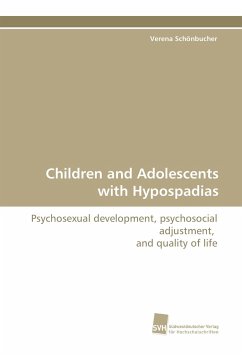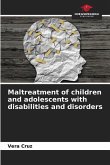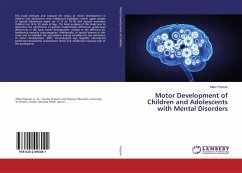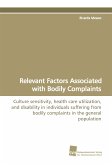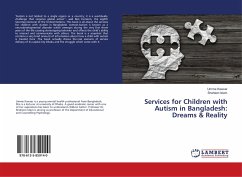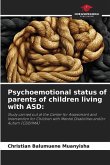Hypospadias is the most common penile malformation with a reported incidence of about 3 per 1000 male births. The common treatment enfolds early corrective surgery with the goal of achieving a typical looking penis, allowing micturition in the standing position and enabling "normal" sexual functions. The aim of this PhD-project was to assess health-related quality of life, psychological adjustment and psychosexual development of children and adolescents with hypospadias and to identify medical and psychosocial predictors of the outcome. 77 children and adolescents (7-17 years) operated on for hypospadias at the University Children's Hospital Zurich were investigated and compared to a control group consisting of 77 boys after hernia repair. In contrast to psychological adjustment and psychosexual development, health-related quality of life of boys was found to be impaired. Overall, psychosocial factors such as the child's age, his sense of shame and age-appropriate information about hypospadias proved to be more important predictors of the outcome than medical variables (e.g. the quality of surgical result).
Bitte wählen Sie Ihr Anliegen aus.
Rechnungen
Retourenschein anfordern
Bestellstatus
Storno

